In this episode, Lew Cantley, Professor of cancer biology and Director of the Sandra and Edward Meyer Cancer Center at Weill Cornell Medical College in NYC, walks us through his amazing discovery of phosphoinositide 3-kinase (PI3K) and the implications for the care of patients with cancer. He explains various combinations of therapies being tested and used, including the possibility of pairing prescriptive nutritional therapies to increase the efficacy of drugs like PI3K inhibitors. Lew also explains the metabolic nature of cancer through the lens of his research into the connection between sugar consumption, insulin resistance, and tumor growth. Additionally, Lew provides some details about his exciting new clinical trial that is just now enrolling patients with stage 4 breast cancer and endometrial cancer.
Subscribe on: APPLE PODCASTS | RSS | GOOGLE | OVERCAST | STITCHER
We discuss:
- Teaching science through the lens of discovery—a better approach to learning science [5:15];
- The metabolic nature of cancer, mitochondria, and a more nuanced explanation of the Warburg Effect [8:30];
- The observation that convinced Lew to stop eating sugar [20:15];
- The connection between obesity, insulin resistance, and cancer [25:30];
- Sugar consumption and tumor growth—What did Lew’s 2019 paper find? [32:00];
- Natural sugar vs. HFCS, fruit vs. fruit juice, insulin response and cancer growth [43:00];
- Increasing efficacy of PI3K inhibitors with ketogenic diets, SGLT2 inhibitors, and metformin [53:30];
- Lew’s clinical trial enrolling stage 4 breast cancer and endometrial cancer patients [1:07:30];
- Pairing diet with drug could be the future of cancer treatment [1:09:30];
- PI3K inhibitors on the market, alpha vs. delta isoform, and the possibility of pairing them with a food prescription [1:16:15];
- What questions will Lew be focused on in the next chapter of his career? [1:22:15];
- Lew’s early work that ultimately led to the discovery of PI3K [1:27:30];
- Studying the mechanism by which mitochondria make ATP [1:30:45];
- How understanding the mechanism by which insulin drove glucose uptake into a cell got Lew closer to finding PI3K [1:38:15];
- How Lew knew PI3K was important in driving growth of cancer cells [1:55:00];
- Lew’s unlikely observation of phosphorylation at the 3′ position of the inositol ring resulting in the formation of phosphatidylinositol-3-phosphate [1:59:00]; and
- More.
Teaching science through the lens of discovery—a better approach to learning science [5:15]
- Peter proposes the idea that science should be taught at a young age through the lens of discovery
- Currently, biology and other sciences are taught through rote memorization unfortunately
- If we’re trying to screen for people who are interested in science…what you have to be screening for is:
- the process
- the discovery
- the game
- the thinking that went into the experiment
“Serendipity in science is absolutely critical that when you get a result that’s unexpected, you should be laser focused on understanding at the biochemistry, at the chemical level, why you got the different results then you expected to get.”
- Science is about one big mystery needing to be solved
- It’s about curiosity
- Peter points out that Lew’s career has been less about innate brilliance and more about his desire to follow an observation that had unexpected results
“If I get a result that suddenly doesn’t make sense, to me that’s more exciting. It means there’s something more complicated going on than the simplest explanation for what I’m seeing. . . if you’ve broken up a whole new field because your simple explanation doesn’t work and you figured out why it didn’t work and what was wrong, then that’s where most breakthroughs come from.”
The metabolic nature of cancer, mitochondria, and a more nuanced explanation of the Warburg Effect [8:30]
Around 2005…
{end of show notes preview}


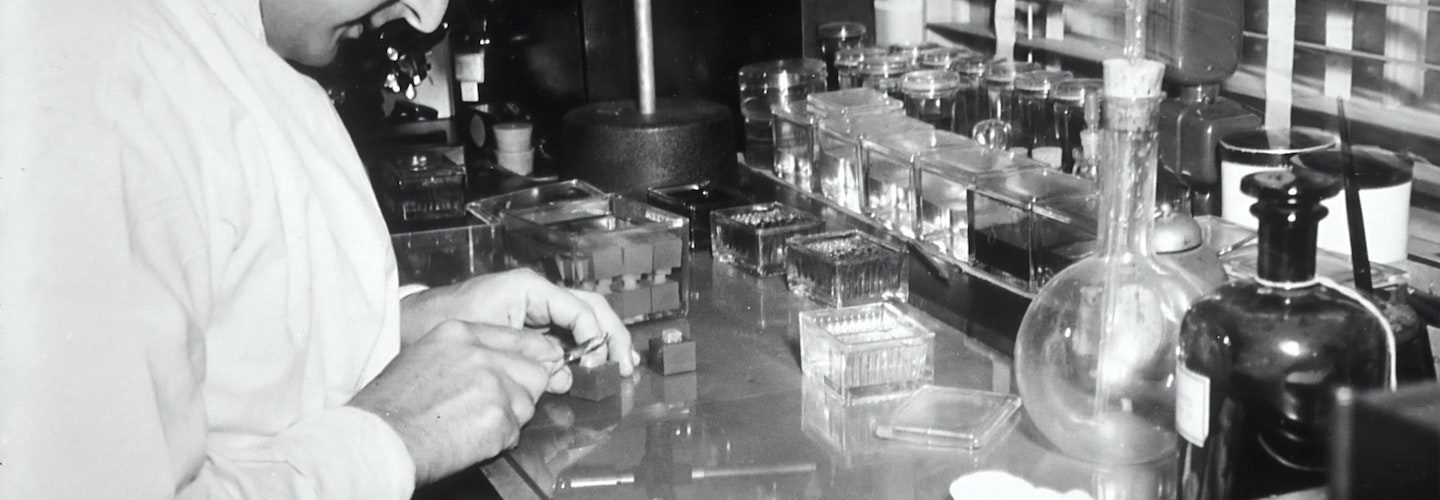
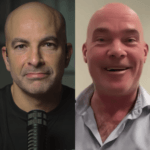
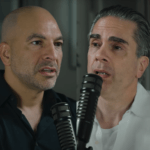
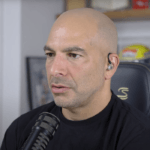
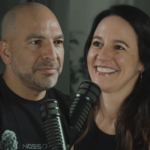
The mouse colorectal experiment ties into what Rick Johnson had to say about fructose lowering ATP levels. Just had to pause for a moment to get that out. Now I’m going to have to go back to that one after finishing this one. BTW, I was wondering when you’ve have Lew Cantley on. Especially after the Seyfried and Mukherjee episodes.
Individualized cancer treatment based on receptor expression and metabolomics would be awesome! So many ways to attack it and I think why not throw the kitchen sink and combine as many efficacious therapies as possible (based on the assays/characteristics) of the cancer you’re fighting?All that being said, minimizing your insulin AUC seems like a reasonable approach to preventing a lot of common cancers.
Peter – Another great podcast! Curious when you look back and think about the Seyfried podcast after talking to Lew, if you have a different outlook on the discussion? Not a loaded question. I enjoyed both, and they seem very interrelated.
Great to (finally!) hear some talk about a possible new therapy for pancreatic cancer. What version of PI3K was Lew referring to that worked in the mouse model for killing off pancreatic cancer cells? Is it readily available? I have pre-cancerous IPMN’s and so of course am always alert for new paths, as the SOC has appallingly grim outcomes…Thanks so much for your work Peter and crew!
Bruce: In different experiments, they use BYL-719 (alpelisib; brand name Piqray) and BKM120 (buparlisib; I don’t think this is licensed yet).
“Cancer: The Emperor of All Maladies”
Watch free on Amazon prime!